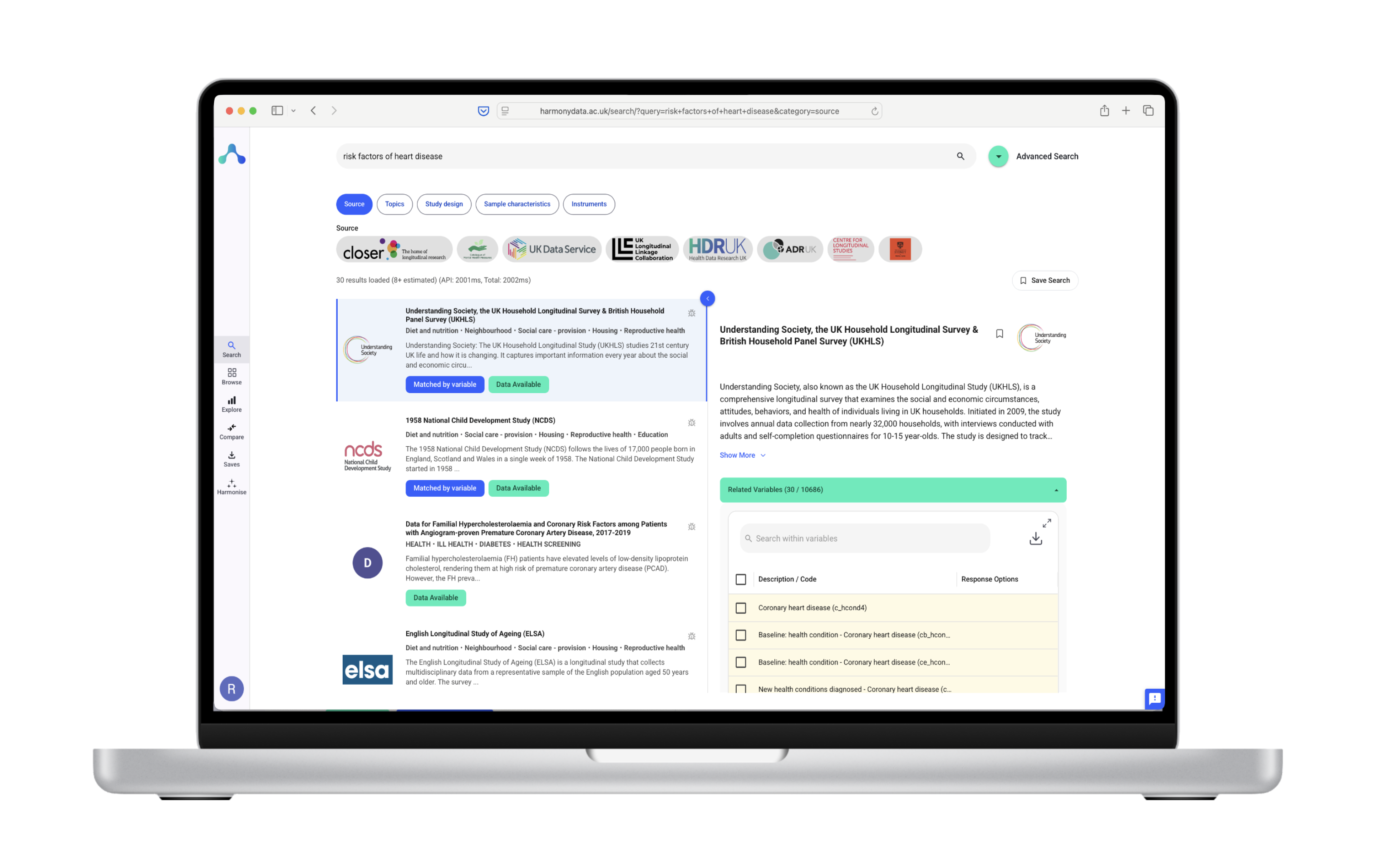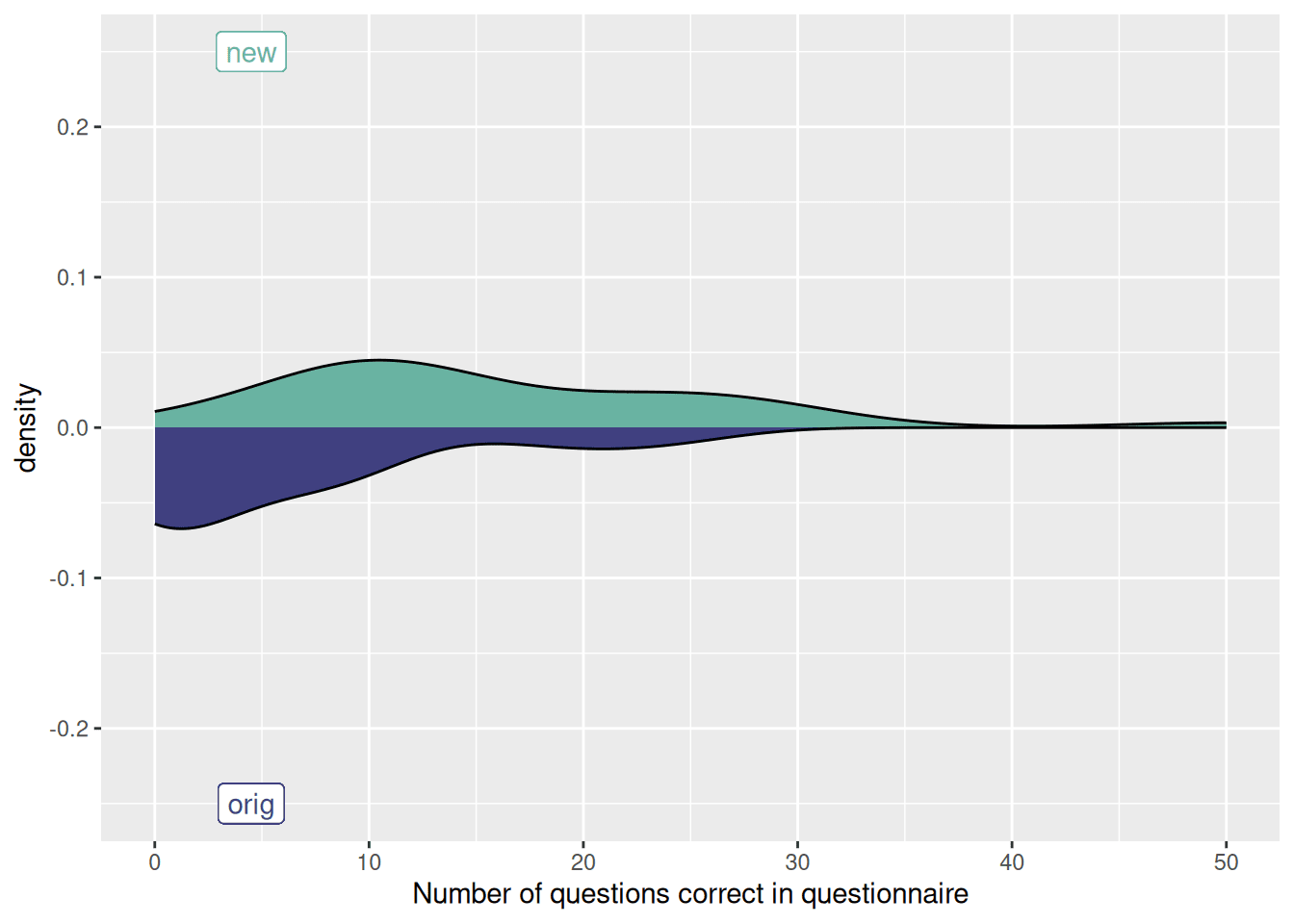Marketing is important for an open science NLP project such as Harmony for several reasons:
- To raise awareness of the project and its goals. Research projects are often complex and technical, so it’s important to communicate their value and potential to a wide audience. Marketing can help to do this by creating clear and concise messaging, and by promoting the project through channels that reach the target audience.
- To attract contributors and collaborators. Open science projects rely on the participation of a community of contributors and collaborators. Marketing can help to attract these individuals by highlighting the project’s benefits, and by providing easy ways to get involved.
- To build support for the project. Harmony was initially funded by Wellcome, but for a finite time. Marketing can help to build support for the project by demonstrating its value, and by generating positive buzz.
In addition to these specific benefits, marketing can also help to:
- Increase the visibility of the project. This can lead to more downloads, more citations, and more opportunities for collaboration. We hope that more researchers use Harmony and cite us in the future.
- Create a sense of community around the project. This can help to sustain the project over the long term.
- Position the project as a leader in the field. This can help to attract funding, collaborators, and users.
Overall, marketing is an essential part of any research project on the scale of Harmony. We don’t have corporate sponsorship and we’re not funded by a university department. By effectively communicating the project’s value and potential, marketing can help to achieve the project’s goals and make a real impact on the world.
In order to raise awareness of the tool, we have taken the following marketing initiatives:
- We have created a website to share information about the project, its goals, and its progress.
- We are publishing articles and blog posts about Harmony.
- We are using social media to promote the project. This is a great way to reach a large audience and generate engagement.
In future, we plan to:
- Present at conferences and workshops. This is a great way to connect with potential contributors and collaborators.
- Attend AI hackathons and other events. This is a great way to connect with potential contributors and collaborators.
We hope to attract contributors, build support, and enable Harmony to prosper and develop further in the long term.
Harmony’s marketing and branding
We have prepared branding material for the Harmony project. In the modern online world, even academic projects can benefit from branding initiatives.
Our brand manual is available as a PDF and we have a Github repository with all branding resources: https://github.com/harmonydata/brand
We prepared a number of graphics using Figma (screenshot below):

These graphics feature throughout the site and on our social media accounts.
Harmony branding summary
The fonts used for Harmony are Montserrat and Pragmatica.
Primary colours
Aquamarine

0de5b2
rgb(13, 229, 178)
Pann blue

0f1854
rgb(15, 24, 84)
Palatinate Blue

2b45ed
rgb(43, 69, 237)
You can also have Gradient (Aquamarine + Platinate Blue)
White

fefcfb
rgb(254, 252, 251)
Additional colours

00af54
rgb(0, 175, 84)

aeb8fe
rgb(174, 184, 254)

fb4d3d
rgb(251, 77, 61)



